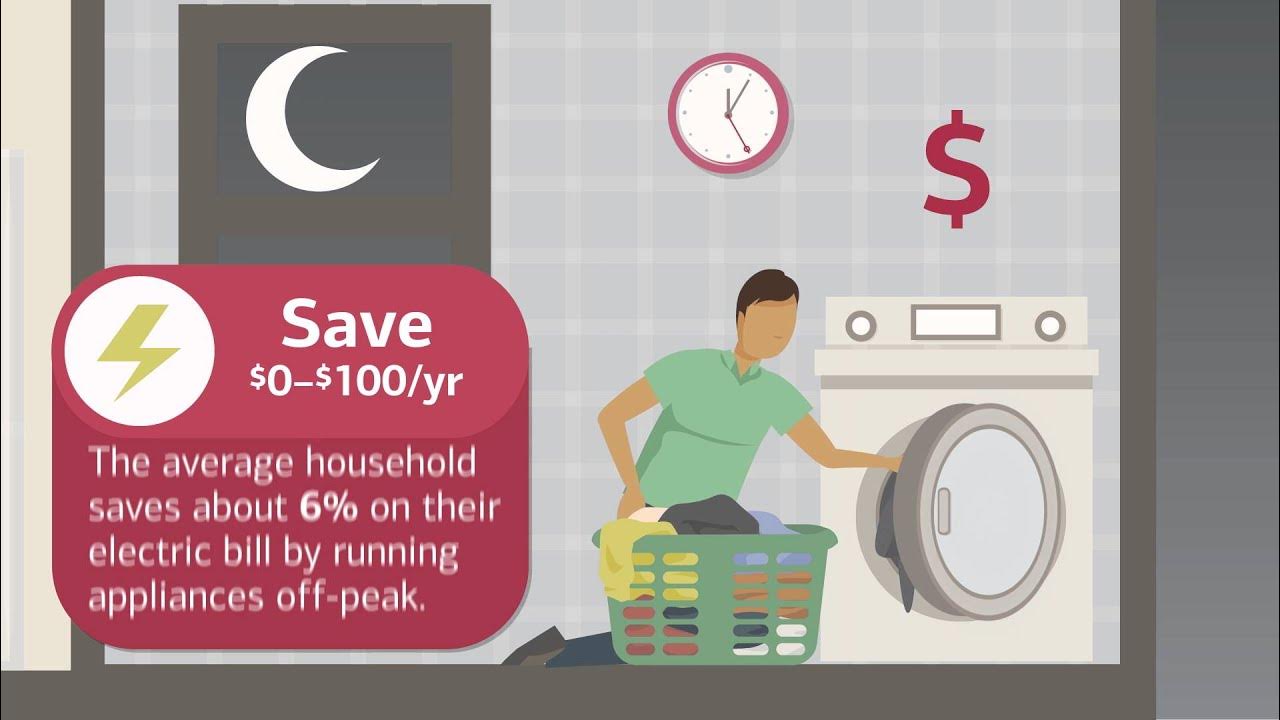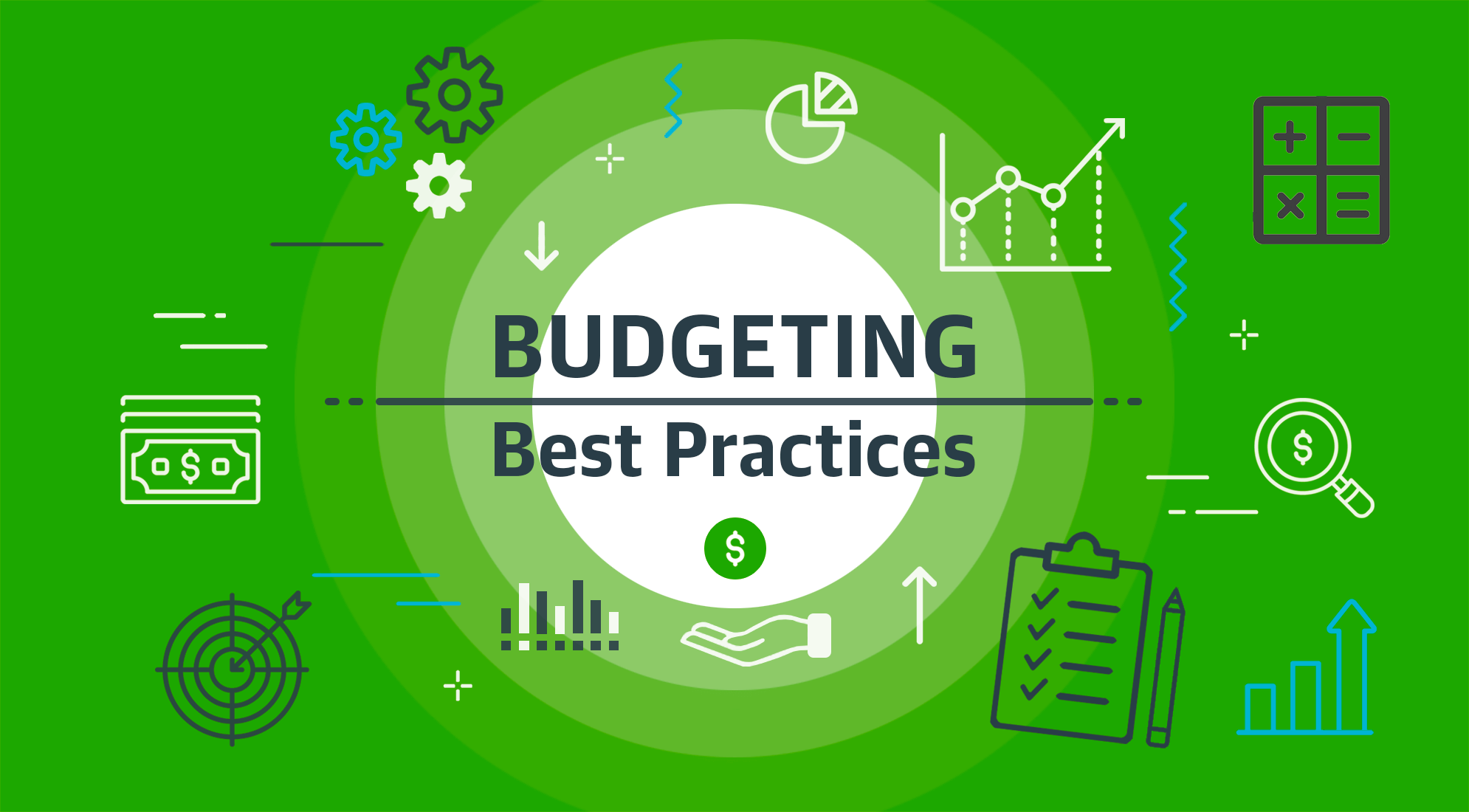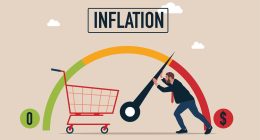Creating and sticking to a budget is crucial for financial success, but it’s easy to make mistakes that can derail your efforts. By being aware of these common budgeting pitfalls, you can take steps to avoid them and ensure your financial plan stays on track. Here are seven common budgeting mistakes to watch out for:
1. Not Tracking Expenses Regularly
One of the biggest budgeting mistakes is failing to track your expenses consistently. Without knowing where your money is going, it’s easy to overspend and miss opportunities to save. Regularly reviewing your spending helps you stay within your budget and adjust as needed.
2. Underestimating Variable Expenses
Many people accurately budget for fixed costs like rent and utilities but underestimate variable expenses such as groceries, gas, or entertainment. These fluctuating costs can add up quickly and blow your budget if not properly accounted for.
3. Not Accounting for Irregular Expenses
Irregular expenses, such as annual insurance premiums, car maintenance, or holiday shopping, can catch you off guard if you don’t plan for them. It’s important to set aside funds for these occasional costs to avoid scrambling when they arise.
4. Setting Unrealistic Budget Goals
Setting overly ambitious savings goals or restricting your spending too much can lead to frustration and burnout. A budget should be realistic and sustainable, allowing some flexibility for unexpected expenses or small indulgences.
5. Failing to Adjust the Budget Over Time
Your financial situation and goals may change over time, and your budget should evolve accordingly. Failing to adjust your budget as your income, expenses, or priorities change can render it ineffective. Regularly revisiting and updating your budget is key to long-term success.
6. Ignoring the Importance of an Emergency Fund
Without an emergency fund, unexpected expenses can quickly derail your budget and lead to debt. Setting aside money for emergencies is essential to maintaining financial stability and avoiding unnecessary stress.
7. Relying Too Much on Credit
Using credit cards to cover expenses can seem like a quick fix, but it often leads to debt accumulation if not managed carefully. Relying on credit instead of sticking to your budget can undermine your financial progress and lead to higher interest costs.
Conclusion
Avoiding these common budgeting mistakes can help you take control of your finances and achieve your financial goals. By tracking your expenses, planning for irregular costs, and setting realistic goals, you’ll be better equipped to manage your money effectively. Remember, budgeting is a dynamic process that requires regular adjustments and discipline to be successful.










